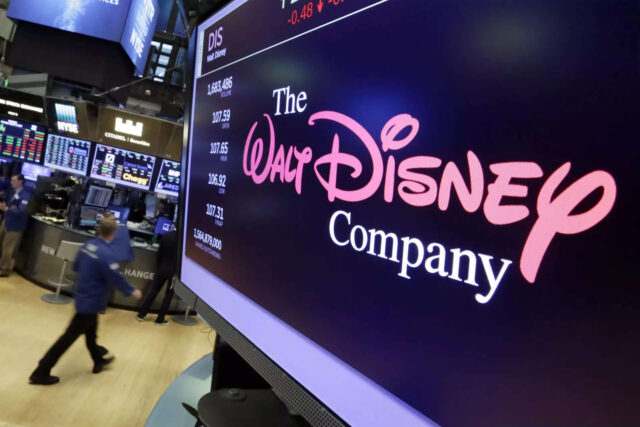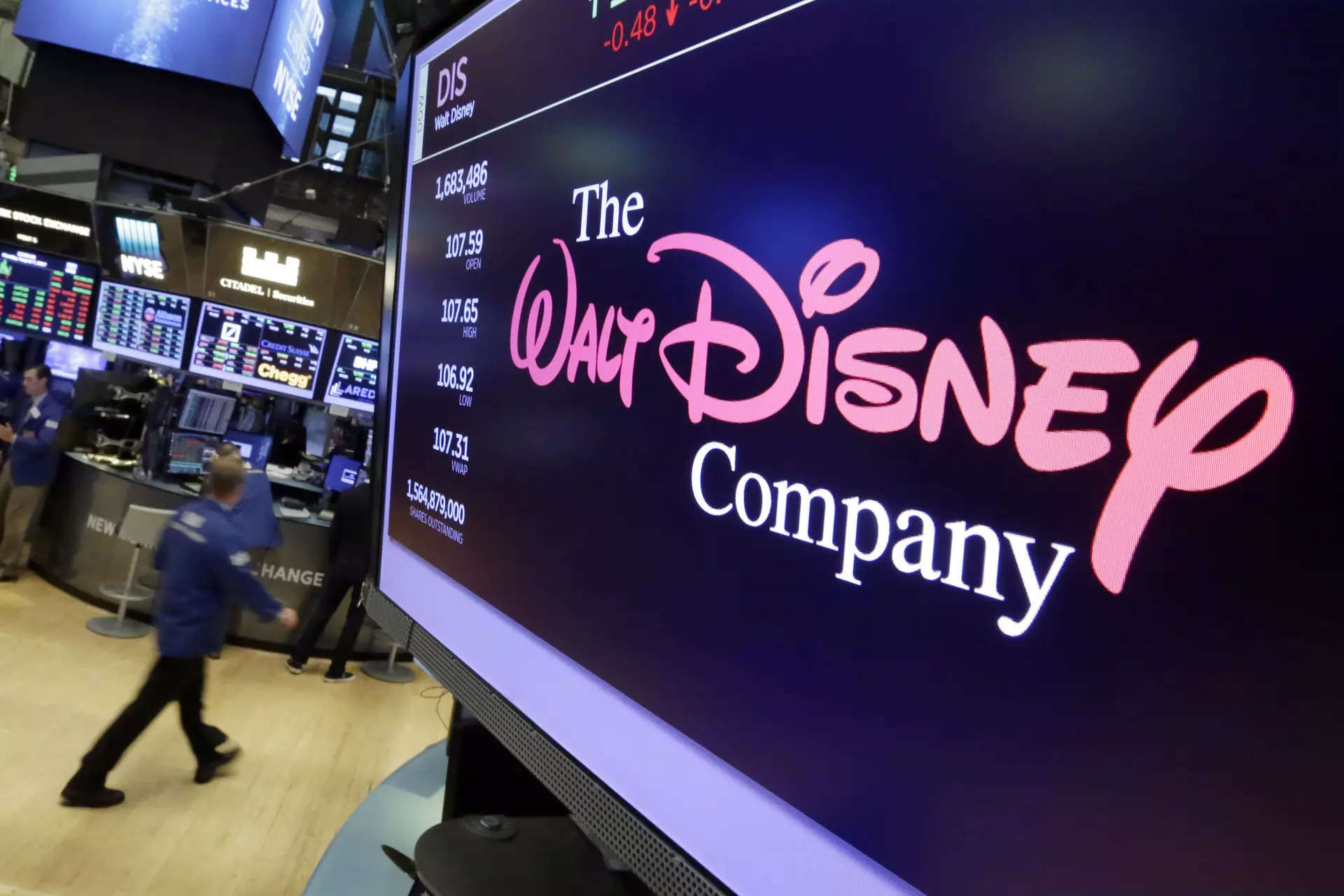
The company’s operating loss stood at $129 million in the corresponding quarter of the previous fiscal since it had the ICC Men’s T20 World Cup 2022, a smaller event compared to the 50-over World Cup. Walt Disney follows the October to September financial calendar.
According to sources familiar with the matter, Star India had allocated 40% of the $1.8-2 billion payout to the International Cricket Council (ICC) for the final year of its eight-year media rights deal, which expired in 2023.
Of the 40% allocated to the final year of the rights cycle, 80% was for linear TV rights, and the remaining 20% for digital rights.
Star India owns and operates over 10 Star Sports-branded channels in SD and HD. The company owns the telecast rights to the Indian Premier League and the International Cricket Council (ICC), among others.
Star India’s sports revenue surged 71% to $399 million on the back of strong monetisation from the 50-over World Cup. In the same quarter last fiscal year, the company recorded revenues of $233 million on the back of the 20-over World Cup.The company said that the ICC Men’s Cricket World Cup led to an increase in programming and production costs, attributable to higher average costs per match and more matches aired.Further, it attributed the advertising revenue growth to increased units delivered and higher average viewership, partially offset by a decrease in rates.
Disney’s sports business, including ESPN and Star Sports, experienced 4% revenue growth at $4.8 billion, while its operating loss decreased by 37% to $103 million. ESPN recorded $4.4 billion in revenue and $199 million in operating profit.
“Sports operating income improved versus the prior year due to strength at ESPN, partially offset by lower results at Star India, driven by higher rights costs from airing of the ICC Cricket World Cup,” Disney CFO Hugh Johnston said during the Q1 earnings call.
Meanwhile, Star India’s streaming service Disney+ Hotstar has seen a 2% sequential growth in subscriber base to 38.3 million compared to 37.6 million during the quarter ended September.
Disney+ Hotstar’s average monthly revenue per paid subscriber increased from $0.70 (Rs 58.07) to $1.28 (Rs 106.19) due to higher advertising revenue and increases in retail pricing, partially offset by a higher mix of subscribers from lower-priced markets.
Disney+ witnessed a 1% drop in subscriber base to 111.3 million due to a price hike. Hulu’s subscriber base expanded by 2% to 49.7 million.
Johnston said the second quarter net adds are expected to range from 5.5 to 6 million, driven by additions of 7.5 million subscribers domestically, while international core subs are expected to decrease modestly due to changes in wholesale deals and slightly elevated churn impacts from price increases.
Meanwhile, Walt Disney’s Q1 FY24 operating profit surged 27% to $3.8 billion while revenues remained flat at $23.5 billion. The company stated that it realised $500 million in cost savings during the quarter and is on track to achieve a savings target of $7.5 billion by the end of the fiscal year.
The company exuded confidence that its streaming business will become profitable in Q4 of this fiscal year after narrowing its operating loss from the segment in Q1.
Disney’s entertainment revenue decreased by 7% to $9.9 billion, while its operating profit soared by 153% to $874 million.
Within entertainment, revenue from the linear business declined 12% to $2.8 billion, while streaming revenue grew 15% to $5.5 billion. Operating profit from linear business was down 7% to $1.2 billion, even as operating loss from streaming dropped 86% to $138 million.
Experiences, which comprises the parks division, had a 7% growth in revenue to $9.1 billion while operating profit increased by 8% to $3 billion.
(You can now subscribe to our Economic Times WhatsApp channel)






































